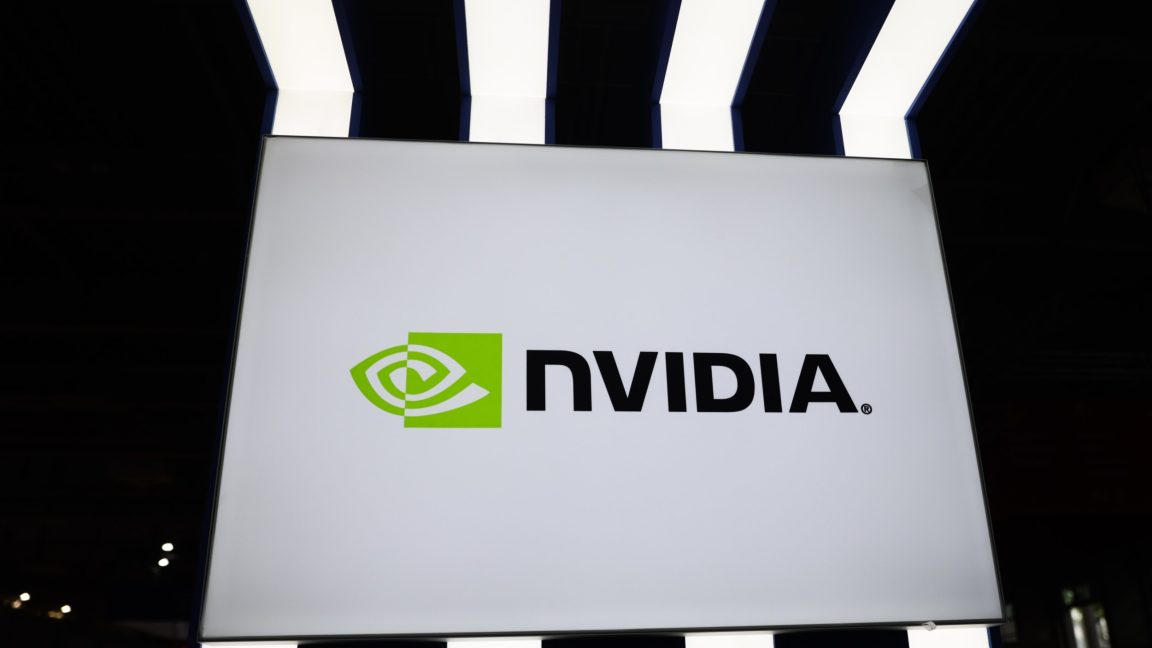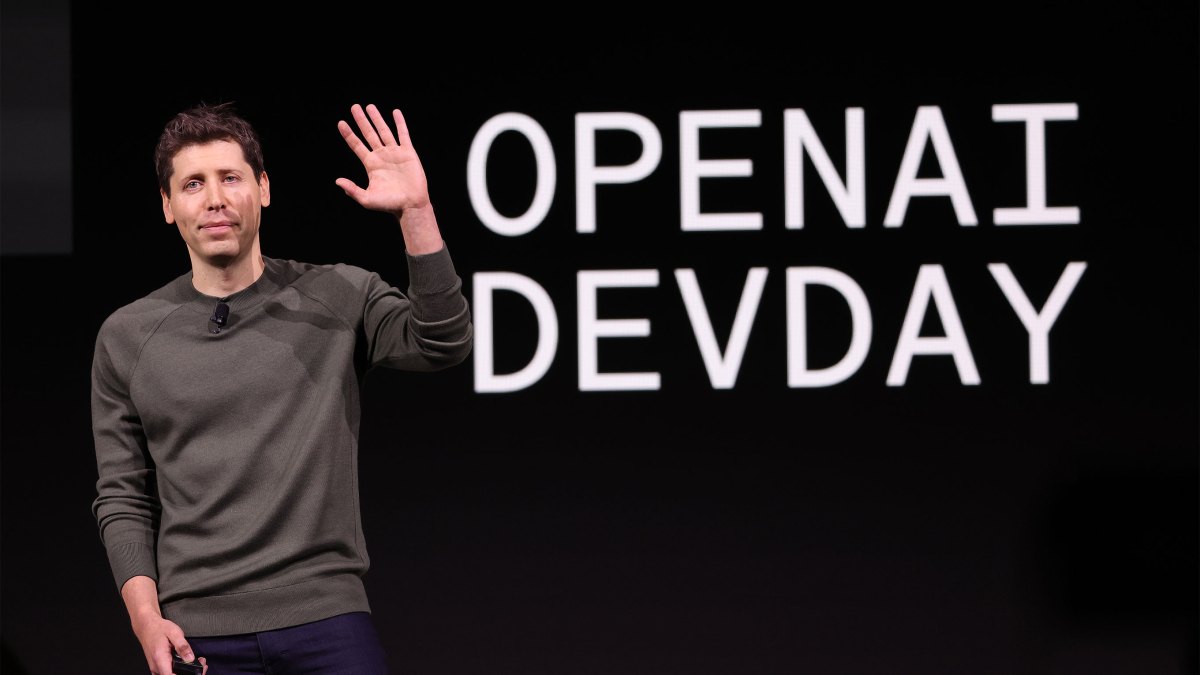Bussiness
Unlocking healthcare data with Amazon Q Business | Amazon Web Services

Healthcare organizations face a significant challenge in making sense of the vast amounts of unstructured medical data trapped in patient records, lab results, and clinical guidelines. Approximately 97 percent of the 50 petabytes (PB) of healthcare data generated annually goes unused. This untapped resource could hold the key to improving patient care and saving valuable clinician time. We built an innovative solution on Amazon Web Services (AWS) generative artificial intelligence (AI) capabilities that lets clinicians unlock this data treasure trove.
The solution is being tested by One Medical, a leading primary care organization, to help clinicians swiftly and securely obtain summarized patient clinical notes in an easy-to-understand format. By using Amazon Q Business, a generative AI–powered assistant, HealthLinker can answer questions, provide summaries, and generate content based on data from One Medical’s systems.
One key advantage is the ability to save clinicians valuable time—estimated at 5–7 minutes per patient—by automatically generating personalized messages that explain lab results and recommend actions to improve health. This frees up clinicians to focus on delivering exceptional care.
“Even getting a patient’s lab report, interpreting it, summarizing it in an easy way to understand for the patient takes time that can be cut down,” said Dr. Raj Behal, One Medical’s Chief Quality Officer.
Solution overview
The solution works by feeding a highly secure Amazon Simple Storage Service (Amazon S3) bucket with a knowledge base of patient records, lab results, clinical guidelines, and instructions on analyzing findings and calculating risk scores. Clinicians authenticated by AWS IAM Identity Center can then query this knowledge base using natural language through the Amazon Q Business chat interface, powered by large language models (LLMs) from Amazon Bedrock. Amazon Q Business is HIPAA (Health Insurance Portability and Accountability Act) eligible.

Figure 1. Solution architecture diagram showing the integration of AWS services Amazon S3, Amazon Q, and IAM Identity Center.
The interface shows a patient’s medical chart, including lab results. The clinician can use the chat to elicit a proposed message to send to a patient based on the patient records, lab results, and guidelines in the knowledge base, while ensuring the language is patient-friendly and easy to understand, with the clinician always reviewing and approving the final content.
Conclusion
By harnessing the power of AWS generative AI services, this use case demonstrates how healthcare providers can unlock the potential of their unstructured data to enhance patient care and clinician efficiency. As One Medical continues to test and refine this solution, it could pave the way for a future where AI-driven insights are seamlessly integrated into the clinical workflow, benefiting both providers and patients.
To learn more about using AWS for healthcare innovation, explore our AWS healthcare offerings, Generative AI in Healthcare on AWS, and get started with this Amazon Q Business workshop.














